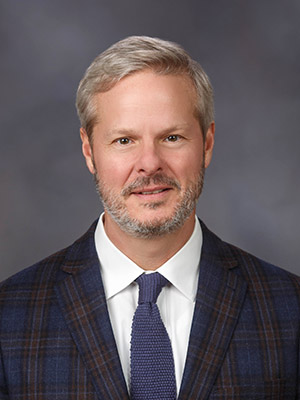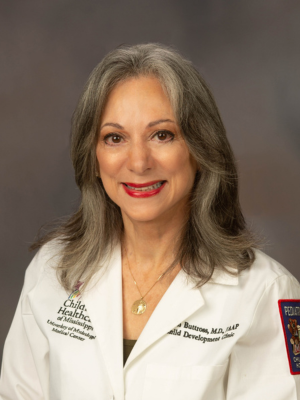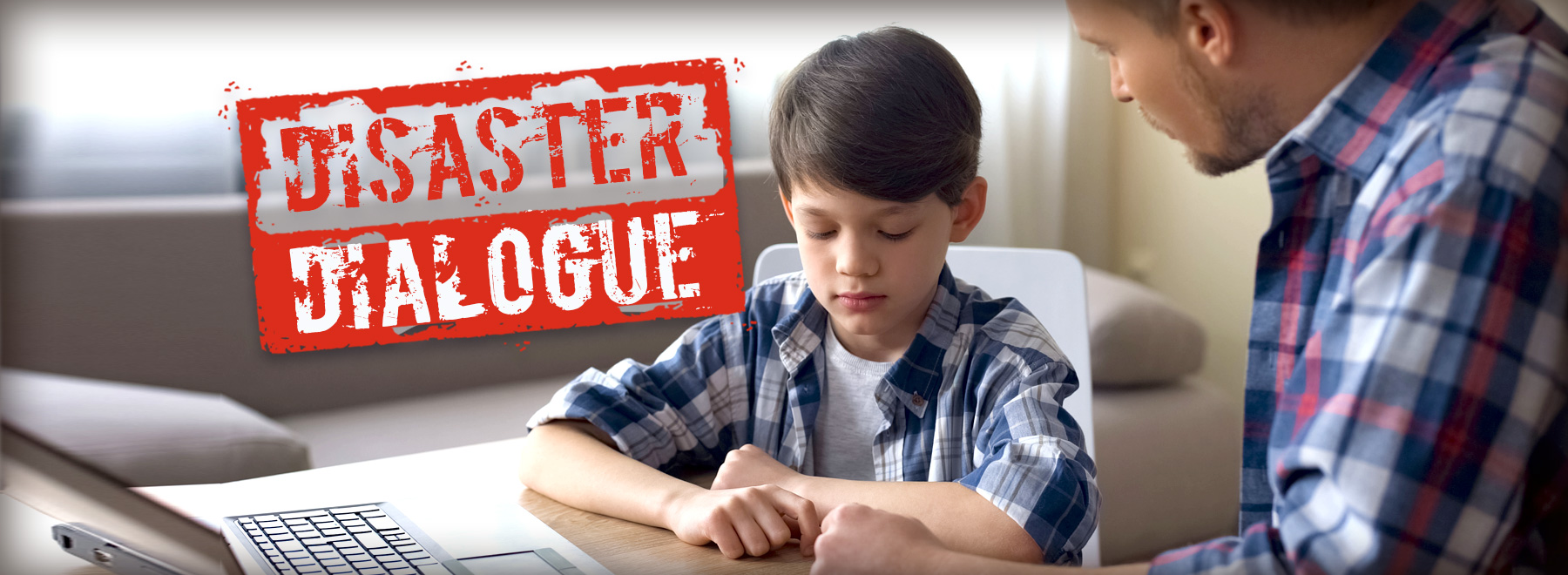Succinct guidelines help parents discuss tragedy with children
Several “mass shootings” have made national headlines during the last several months, including tragedies in El Paso, Texas; Dayton, Ohio; and most recently, Odessa, Texas.
The frequency and scale of these tragedies has some parents asking themselves, “How do I talk to my children about these events?”
This year alone, there have been 293 mass shootings in the United States, according to the Gun Violence Archive, a nonprofit organization that defines a mass shooting as an incident in which four or more people are shot or killed, excluding the shooter.
Figuring out how and what to communicate to children about a tragic event that their parents may still be processing is tricky, but many pediatric experts agree on some general guidelines for these discussions.
The American Academy of Pediatrics suggests beginning the conversation by asking what the child has heard about the incident and then asking what questions he or she might have. According to the AAP, it is best to keep the dialogue “straightforward and direct” but to avoid unnecessary or graphic details.

Dr. David Elkin, professor of psychiatry and human behavior at the University of Mississippi Medical Center and executive director of the Center for Advancement of Youth said young children may know about death but not fully conceive the finality of it. He said generally, by the time they enter grade school, they have a better sense of that.
“I don’t think there’s ever too young of an age to talk to kids about realities of this world,” Elkin said. “You have to obviously tune it to their age and their developmental level.
“I’m of the firm belief that it’s the job of the parent to interpret reality for the child.”
Dr. Susan Buttross, UMMC professor of pediatrics and CAY medical director, said it’s also important to keep the communication “in the context that’s developmentally appropriate for the child,” be it age or, for instance, the presence of communication difficulties or developmental delays.
Elkin and Buttross agreed both overplaying and downplaying an event can be detrimental to a child since it’s important for children to believe their parents are reliable sources of information.
“They’re going to hear about it elsewhere – from their peers, other parents, teachers at school,” Elkin said. “You want your child to hear about the world from you in a stable, calm, interpretative way.
“You don’t want Mom and Dad to be in a position of not being a good source of information or an authority on something.”
In addition, ignoring an event or, in contrast, displaying excessive amounts of grief and anxiety can affect how children process the information as well.

“Sadness and sorrow after an incident is certainly normal and okay for a parent and child to feel,” Buttross said. “But also a child needs to see . . . a resiliency that it’s possible to recover from even a terrible incident.”
Buttross encourages parents to help their children take a proactive approach to disasters.
“There’s evidence that it lessens anxiety if children feel like they’re equipped to do something about whatever’s happened,” she said.
For example, teaching children what to do during emergency situations, similar to the drills done in schools, can help alleviate anxiety.
Other actions, like extending sympathy or advocating for a cause, can also be beneficial, Buttross said.
“Allow them to know it’s okay to express their feelings and to do something,” she said. “For example, writing a letter to a parent who has lost a child, a school that’s had a bad incident – any of those kinds of actions can empower a child to feel like they’re doing something.”
Buttross also believes in the importance of telling children to talk to adults if they see something or someone unusual.
“Telling your child, ‘If you ever see another child being bullied, don’t be a bystander. Help that individual,’” Buttross said. “It’s often the outcast, the outsider, the individual who has a terrible life who ends up doing these horrific things.
“It’s okay to tell an adult when you’re worried about somebody – not because you’re being a tattle tale, but because you care about them.”
Buttross said parents also have to tailor their conversations to individual children. For example, if one child is highly sensitive, he or she may need to talk more about the situation with a parent. If a child is struggling emotionally but doesn’t want to talk, alternative ways of coping and expressing emotions include music, art and journaling.
Buttross said parents often ask her whether they should tell their child it is something that won’t ever happen to them.
“I don’t think kids really believe that,” she said. “But what a parent can say is ‘I’m going to do everything I can to protect you, I’m going to teach you ways to take care of yourself . . . and we’re going to work hard to prevent anything like this from ever happening again.’
“You can make strong statements like this without saying this will never, ever happen.”
Parents and caregivers should also keep in mind how mass shootings and the media coverage of them can impact children – and adults – who are not directly affected, Buttross said.
“There are data that show you can have a bystander-type post-traumatic stress disorder, even without experiencing the event directly,” she said. “Some people can still exhibit sadness, depression, nightmares or night wakings from just the (media) exposure to that trauma.”
According to the American Academy of Pediatrics, if a child is having problems with sleep or behavior, complaining of pain or exhibiting emotional distress, parents should seek professional help from the child’s pediatrician or a mental health professional or counselor.
The above article appears in CONSULT, UMMC’s monthly e-newsletter sharing news about cutting-edge clinical and health science education advances and innovative biomedical research at the Medical Center and giving you tips and suggestions on how you and the people you love can live a healthier life. Click here and enter your email address to receive CONSULT free of charge. You may cancel at any time.



